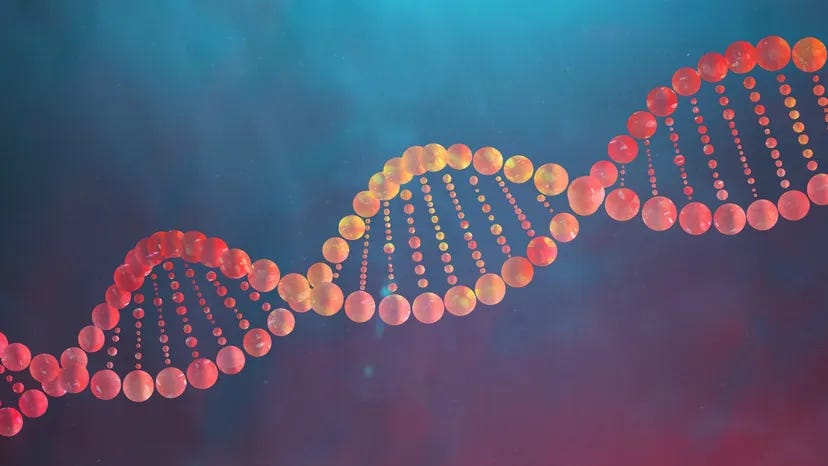edited to add tl;dr: Siskind seems ticked off because recent papers on the genetics of schizophrenia are increasingly pointing out that at current miniscule levels of prevalence, even with the commonly accepted 80% heritability, actually developing the disorder is all but impossible unless at least some of the environmental factors are also in play. This is understandably very worrisome, since it indicates that even high heritability issues might be solvable without immediately employing eugenics.
Also notable because I don’t think it’s very often that eugenics grievances breach the surface in such an obvious way in a public siskind post, including the claim that the whole thing is just HBD denialists spreading FUD:
People really hate the finding that most diseases are substantially (often primarily) genetic. There’s a whole toolbox that people in denial about this use to sow doubt. Usually it involves misunderstanding polygenicity/omnigenicity, or confusing GWAS’ current inability to detect a gene with the gene not existing. I hope most people are already wise to these tactics.



I am not going to do more than quickly skim this, because Scott Alexander disgusts me, but
I really would feel better if I’m just lost and the science is good actually.
Don’t know about the actual literature, but confusing heritability to mean ‘concrete chance to inherit’ instead of “broad measure of influence of unspecified genetic factors on a population wrt developing a condition, once environmental influences are modeled out according to our paper’s methodology” is extremely common in the wild even by people who should know better.
Siskind seems ticked off because recent papers on the genetics of schizophrenia are increasingly pointing out that at current miniscule levels of prevalence, even with the commonly accepted 80% heritability, actually developing the disorder is all but impossible unless at least some of the environmental factors are also in play, which is very worrisome since it indicates that even high heritability issues might be solvable without immediately employing eugenics.
I see now that my mistake as a very Bourdieu-pilled kind of person was to assume that “heritability” meant “traits that a population statistically inherits from their parents” instead of the narrower “traits that a population statistically inherits from their parents which we should assume are genetic if we close our eyes and pretend our model is adequate at filtering out environmental factors” in effect here.
I didn’t mean to sound too derisive, heritability is an actually useful metric as far as I can tell, it’s just not as intuitive or monosemantic as a lot people will make it out to be, especially in the absence of significant correlating DNA evidence.
Siskind strawmans this into the alleged opposition desperately claiming that “it’s not genetic unless there’s a specific gene you can point to”, aka the bitches dont know bout my poly/omnigenic traits argument.
Right, I don’t think even classical twin studies are entirely meaningless, but when they’re made out to say something specific about actual genetics there does seem to be a habit of severely underestimating possible environmental factor.
You don’t even have to believe in sociology. As quoted in the post Scott helpfully links to at the end of his diatribe: “It starts in the womb: while fraternal twin embryos are always connected to their mother via two unique placentas, identical twins most often (but not always) share a single placenta. This means that, beginning soon after conception, identical twins typically have more similar access to nutrients, oxygen, and other factors than do fraternal twins” (Moore and Shenk, 2017)
“we should assume are X if we pretend our model is adequate at filtering out interfering factors” is basically the best you can do in science.
The devil lies in the actual adequacy of the filters.